Stres in njegove posledice, ki nemalokrat vodijo v izgorelost, so resna težava, na katero moramo biti pozorni, pravi Miša Komar Žiberna iz podjetja Aglea. Z njo smo se pogovarjali, kaj lahko storimo, da se stresu izognemo.

Trenutne razmere v družbi so verjetno idealne za pojav stresa tudi pri ljudeh, ki ga morda doslej niso poznali.
Imate tudi vi takšne izkušnje?
Res je. Posledica slabega ekonomskega položaja v državi je zmanjševanje socialne varnosti za ljudi. In razmere se slabšajo za vse sloje družbe. Danes se v naši družbi malokdo počuti res varnega. Prav varnost pa je temelj za stabilno, uravnoteženo psihično počutje vsakega posameznika.
Pričakovati, da bodo ljudje v takšnih razmerah zunaj službe povsem preusmerili svoje misli in se sprostili, je iluzorno.
Kaj vseeno lahko storimo, da ublažimo pritiske in nekako vendarle preprečimo stres?
Sami lahko naredimo največ. Najprej se moramo zavedati, da nikoli več ne bomo živeli v tako varnem okolju, kot smo ga bili vajeni. Vedeti moramo, da bomo ves čas živeli v bolj ali manj stresnem okolju. Zavedati se tudi moramo, da čudežne tabletke za odpravo stresa ni. Posledice stresa čutimo po vsem telesu, dejansko so ogrožene vse naše celice. V stresni situaciji naši možgani, hormonski in imunski sistem porabijo ogromne ogromne količine energije za to, da poskušajo obvladovati stres.
In tako odvzemajo energijo drugim organom, kar povzroča nepravilnosti v delovanju in poškodbe celičnih sistemov. Zato se moramo naučiti odpravljati posledice stresa.
Kako pa to storimo?
Prvo orodje za odpravo stresa je vaja globokega, mirnega dihanja vsaj deset minut. To izvajamo takoj ob nastopu stresa, ravno tako vsak večer pred spanjem – še posebno, ko smo razburjeni, prestrašeni in bi zaradi tega ne mogli spati. Enako dobre metode so meditacija, joga, vse oblike sproščanja našega telesa in še posebej naših možganov. Zelo učinkovito in priporočljivo je tudi poslušanje glasbe, take, ki vsakemu posamezniku najbolj ustreza, da ga pomiri in sprosti – da se popolnoma preda glasbi in ne misli na nič drugega.
Drugo zelo pomembno orodje je, kakšno hrano vnašamo v telo in koliko dobre vode popijemo.
Iz hrane se delajo encimi, hormoni, nevrotransmiterji, makrofagi, limfociti, eritrociti in vse druge celice našega telesa. Zato je še posebno priporočljivo, da v času stresnih situacij uživamo čim manj kave, nikotina, gaziranih sladkanih pijač, alkohola, čokolade in vseh vrst sladkarij ter živalskih maščob. Vsa ta hranila nas v bistvu še dodatno izčrpavajo in ob tem onesnažujejo s celičnimi smetmi, ki jih morajo celice odplakovati in zato trošijo še več energije.
Tretje orodje je pravilna in za vsakega posameznika prilagojena tedenska rekreacija, da se
sprostimo in tvorimo tiste dobre hormone za nevtralizacijo posledic stresa. Pri odpravljanju
stresa pa je zelo pomembno tudi spanje, ki naj bo vedno ob istem času in dovolj dolgo.
Kako opazimo, da nas stres vodi v izgorelost?
Ljudje tega po navadi sploh ne opazimo, ker smo preveč obremenjeni z reševanjem neke krizne situacije. Vendar nam telo sporoča: Ne zmorem več, ustavi konje! Znamenja stresa so pri različnih ljudeh različna, razvoj pa je odvisen od značaja in »šibkih organov« vsakega posameznika. Zato ni enega pravila niti enega simptoma. Najbolj pogosta znamenja, ki kažejo na izgorelost, so glavobol, utrujenost, slabša koncentracija, raztresenost, razdražljivost ali apatičnost, neka žalost, strah, tesnoba, nemoč in negotovost, srbenje kože, rdečice, občasno plitko dihanje in stiskanje, bolečina v prsih, aritmija srca, slabša prebava, slabše spanje, moraste sanje in padec imunskega sistema.
Kakšne so posledice izgorelosti in koliko časa traja, da jo prebolimo?
Posledice izgorelosti so pri različnih ljudeh zelo različne. Odvisne so od časa trajanja stresa, genske zasnove vsakega posameznika, kateri njegovi organi so najbolj občutljivi in tako tudi najbolj prizadeti. Največkrat je prizadetih kar nekaj organov, zato tudi govorimo o sistemskih težavah, o psihonevroimunoloških degeneracijah. Tako potrebujemo več mesecev, tudi leta, da jih odpravimo. Izgorelost je resna težava, zato je dobro, da jo tudi resno jemljemo in se o njej posvetujemo s strokovnjaki.
Največkrat potrebujemo nasvet in pomoč več različnih strokovnjakov, saj so te težave sistemske narave. Naša družba se še ne zaveda vloge psihologije kot enakovredne stroke medicini. Prav pri izgorelosti in dolgotrajnih stresnih situacijah bi morali poiskati pomoč tako pri osebnem zdravniku kot pri psihologu. Če izgorelosti kot hujše oblike simptoma stresa ne odpravimo, se nam z leti lahko
razvijejo kronična srčno-žilna, nevrodegenerativna obolenja ali katera od avtoimunih bolezni. Posledica dolgoletnih stresnih situacij so lahko tudi rakava obolenja.
Kakšna je vloga kisika pri izogibanju stresu?
Kisik je eden najpomembnejših elementov tako pri tvorbi celične energije – molekul ATP – kot pri nevtraliziranju prostih radikalov, ki nastajajo ob tvorbi energije. Kisik je najmočnejši antioksidant, ki ga vnašamo v telo. Hkrati pa je tudi eden glavnih elementov pri tvorbi nam lastnih antioksidantov – glutationa, melatonina, peroksidaz, drugih encimov ter hormonov stresa in sreče, ki so najpomembnejši pri uravnavanju posledic stresa v našem telesu.
Kaj je biološko dober kisik in kako vse ga lahko dobimo v telo?
V naravi poznamo več oblik kisikovih ionov, tako pozitivnih kot negativnih. To velja tudi za človeka, ki kisikove ione dobiva v telo iz zraka, hrane in vode. Vemo, da z dihanjem vnašamo v telo kisikove ione, ki jih dobimo iz zraka. Ravno tako organski ali biološko dober kisik dobimo iz svežega sadja in zelenjave, ki vsebuje velike količine vode. Dobri dajalci kisikovih ionov so tudi molekule vode, ki pa morajo imeti specifične fizikalno-kemijske lastnosti – voda ima namreč edinstveno lastnost, da je difazna in bipolarna. Te lastnosti dajejo molekulam vode v organskih sistemih posamezni ioni, ki »naredijo« plazemsko vodo – to so voda celic, medceličnina, krvna plazma – elastično in ji s tem dajo možnost, da oddaja elektrone. Pri tem je biološko dober kisik tista oblika kisikovih ionov, ki daje elektrone za nevtralizacijo kisikovih prostih radikalov, ki nastajajo ob tvorbi molekul ATP.

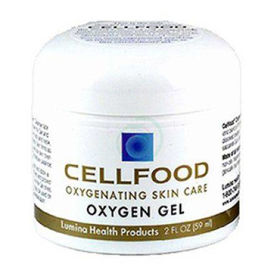
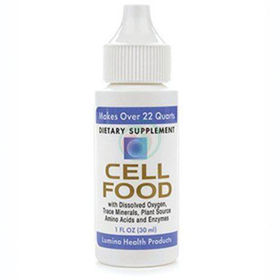
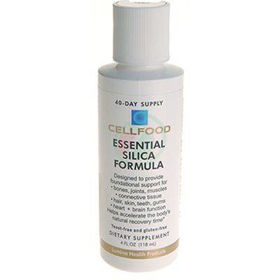
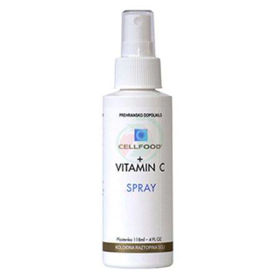
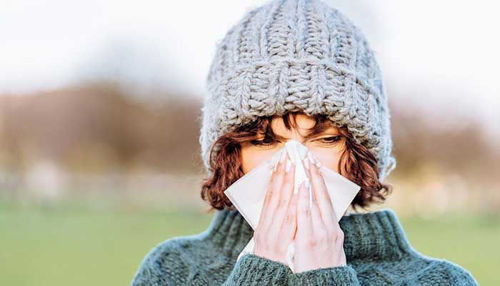
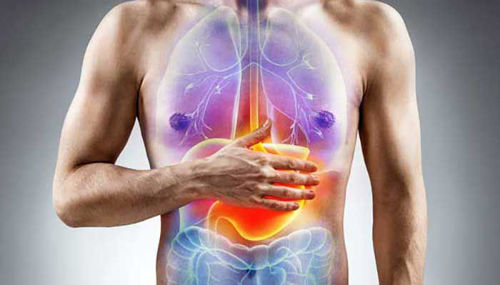

 Facebook
Facebook
 Instagram
Instagram
 info@moja-lekarna.com
info@moja-lekarna.com

